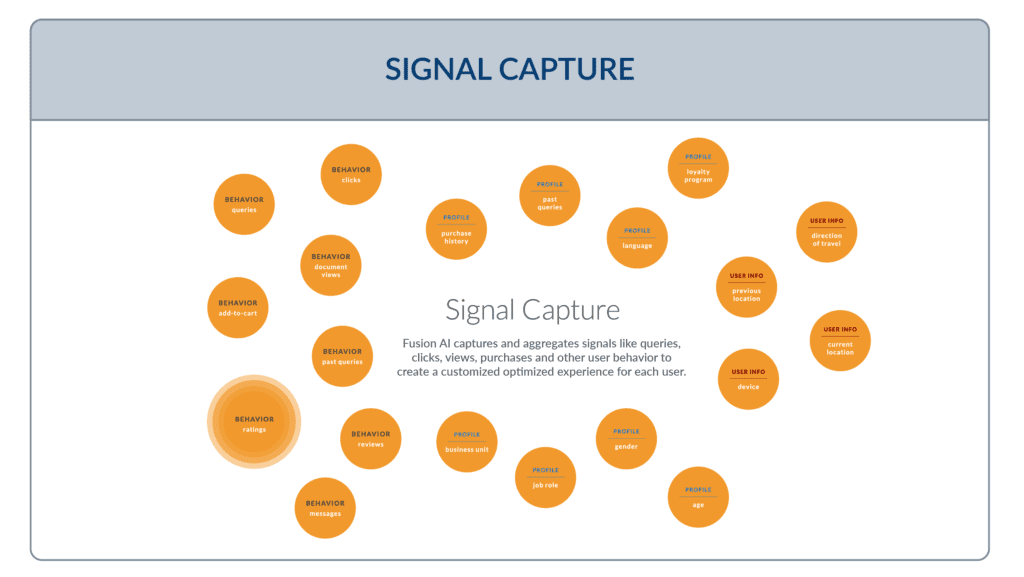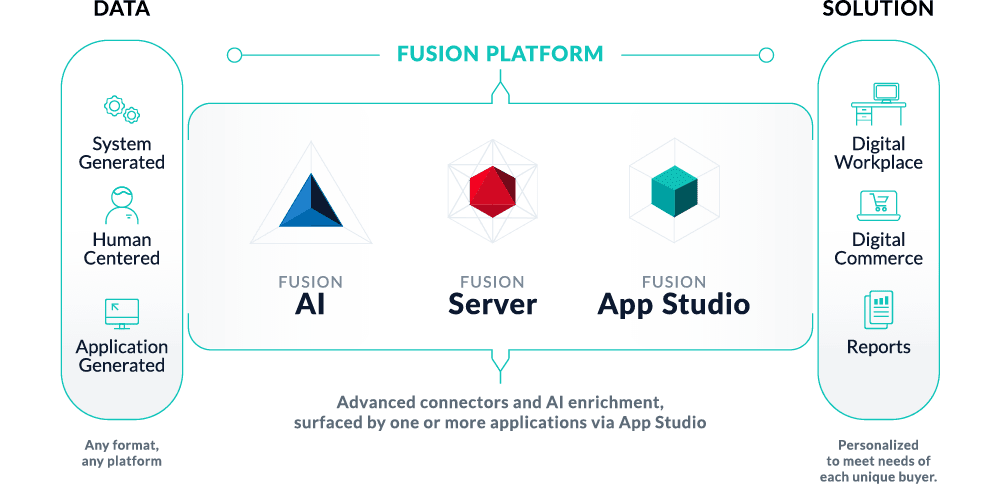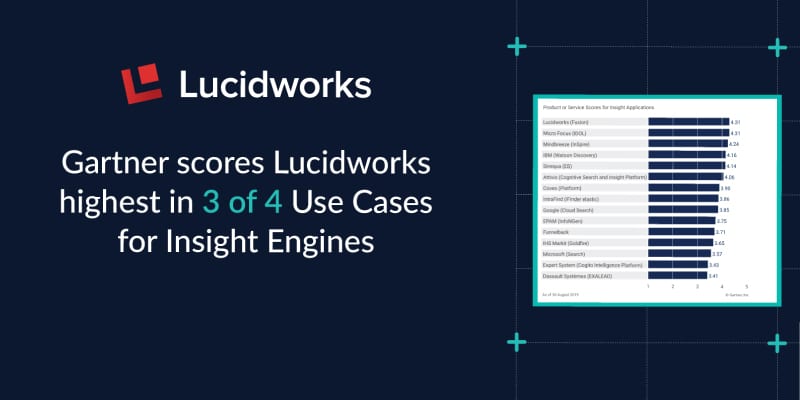Search Giants Are Permanently Altering the Consumer Experience. Are You Ready?
If you compete with Amazon — and of course you do — are you aware that there’s a revolution underway in ecommerce search technology?
From the perspective of users, keyword search is going the way of the dodo. Consumers are expecting a more intuitive search experience, and modern search engines do this by producing results and recommendations based on user characteristics and actions, known as signals, rather than depending on keywords.

You should also know that Amazon’s search-and-recommendation engine could be getting into the hands of more of your competitors. This is because Amazon made its Personalize managed service for search and recommendations available to all customers of Amazon Web Services (AWS) in June 2019.
However, many e-retailers don’t want to put money straight into the pockets of Amazon, a company that threatens their continued existence. Fortunately, there are alternatives, including Lucidworks Fusion, which uses open-source artificial intelligence (AI) technology to produce an “Amazon-like” search experience for shoppers visiting its ecommerce customers’ sites.

To use Amazon’s Personalize, a retailer needs to provide a stream of data that contains the unique signals of its shoppers, including “page views, signups, purchases, and so forth,” according to AWS. Add to that inventory data for all the items a retailer wants to recommend, along with optional customer demographic information. “Amazon Personalize will process and examine the data, identify what is meaningful, select the right algorithms, and train and optimize a personalization model that is customized for your data.”
Lucidworks Fusion uses machine learning and augmented intelligence — where AI extends human judgment instead of replacing it — to do everything described above as part of its full-featured search service. You can read what two retail customers say about it here.
The Trend That Permanently Alters Web Search
The shift from keyword- to intent-based search is urgent today because many consumers are embracing voice control in their homes and cars. Now that consumers know that computing devices can interpret normal human language, they are starting to “talk” to search in text form, too.

As Pandu Nayak, Google Fellow and Vice President of Search, explained in a blog, “People often use ‘keyword-ese,’ typing strings of words that they think we’ll understand but aren’t actually how they’d naturally ask a question,” because search engines haven’t been good enough at interpreting “complex or conversational queries.”
So, in November 2018, Google took “the biggest leap forward in the past five years, and one of the biggest leaps forward in the history of Search,” with the launch of a pre-training model for AI engines called Bidirectional Encoder Representations from Transformers or BERT.
BERT’s natural language processing (NLP) models facilitate AI’s ability to process words “in relation to all the other words in a sentence, rather than one-by-one in order,” Nayak wrote. This means they can consider “the full context of a word by looking at the words that come before and after it — particularly useful for understanding the intent behind search queries.”
Even Google’s biggest competitor sees this as a breakthrough. Frédéric Dubut, senior PM lead for the core ranking team at Bing, remarked in a video interview: “What that means for everyone is search engines are shifting from keywords to intent at an accelerating pace … What that means is that some of the current practices around keyword research are probably going to become slowly obsolete.”
‘Cognitive Search’ Platforms Poised for Growth
The transformation of the search experience that is now possible with AI is also seen in the emerging category of cognitive search technology platforms for enterprises, including retailers.
According to The Forrester Wave: Cognitive Search, Q2 2019, cognitive search platforms “employ intent intelligence to interpret a query based on its text, the context (such as the software application) in which the query is issued, and, ideally, an increasingly better understanding of the person making the query,” according to the report, which notes that the platforms are still evolving. “As good as cognitive search is now, it is still day one. Vendors will continue to use AI technologies to boost information understanding and relevancy.”
Forrester Research evaluated a dozen vendors in the report, naming Lucidworks as one of the Leaders.

“Lucidworks is the company behind Apache Solr, the well-known open-source search platform,” the report says. “The company uses Solr as its solid open-source foundation for its commercial Fusion product; Fusion turns Solr into a comprehensive enterprise cognitive search solution.”
Check out how global companies like Lenovo are using AI-powered search to serve 188 countries around the world.